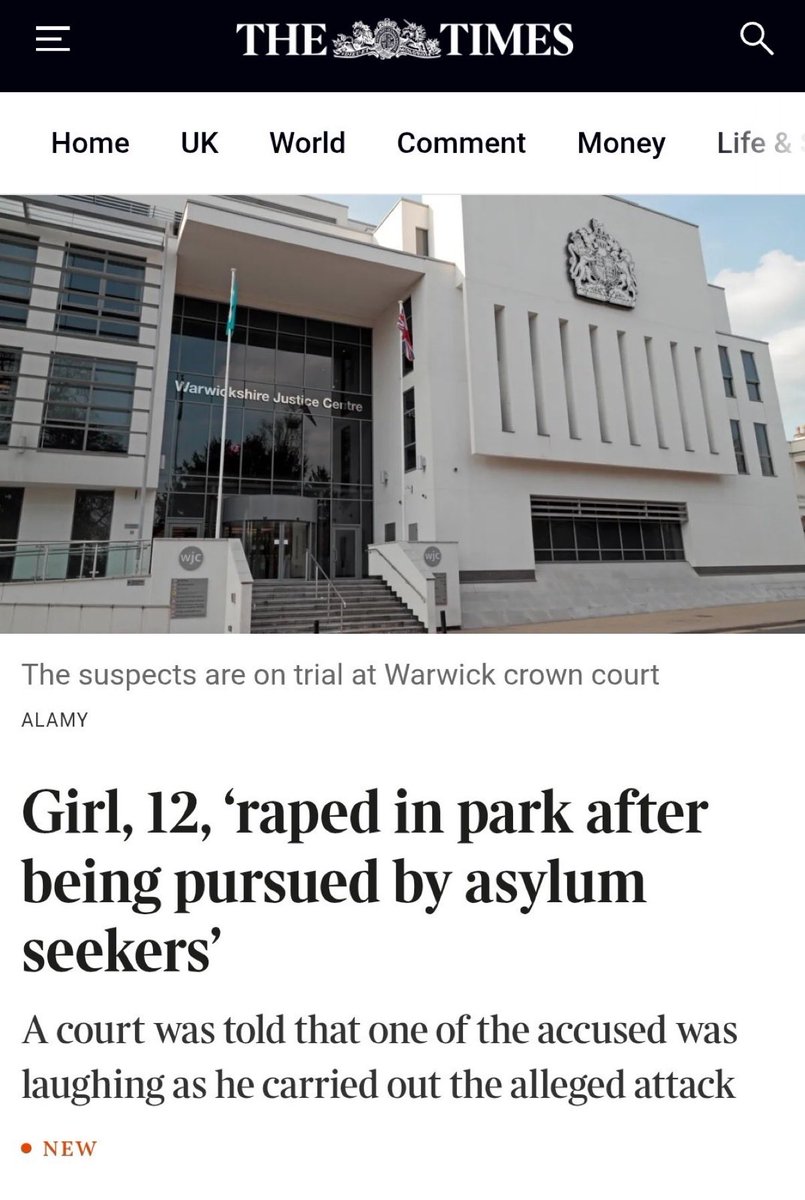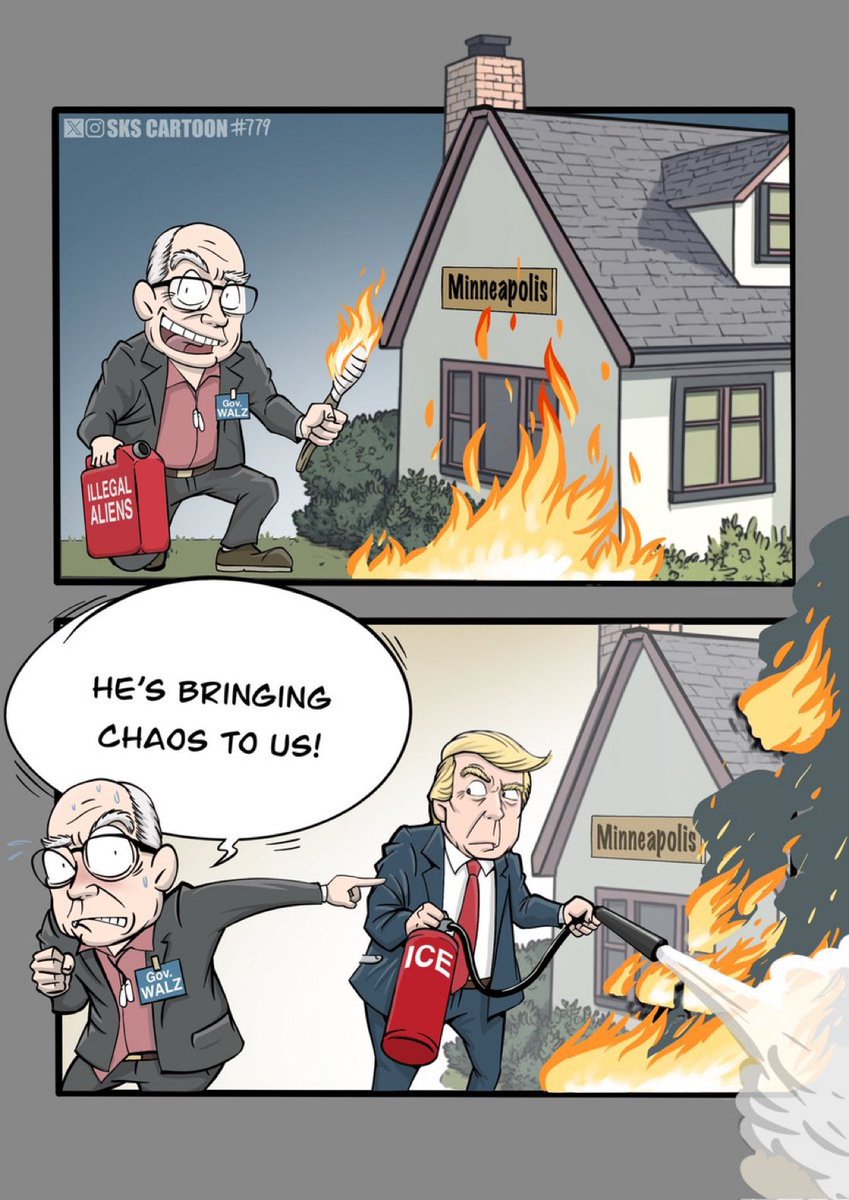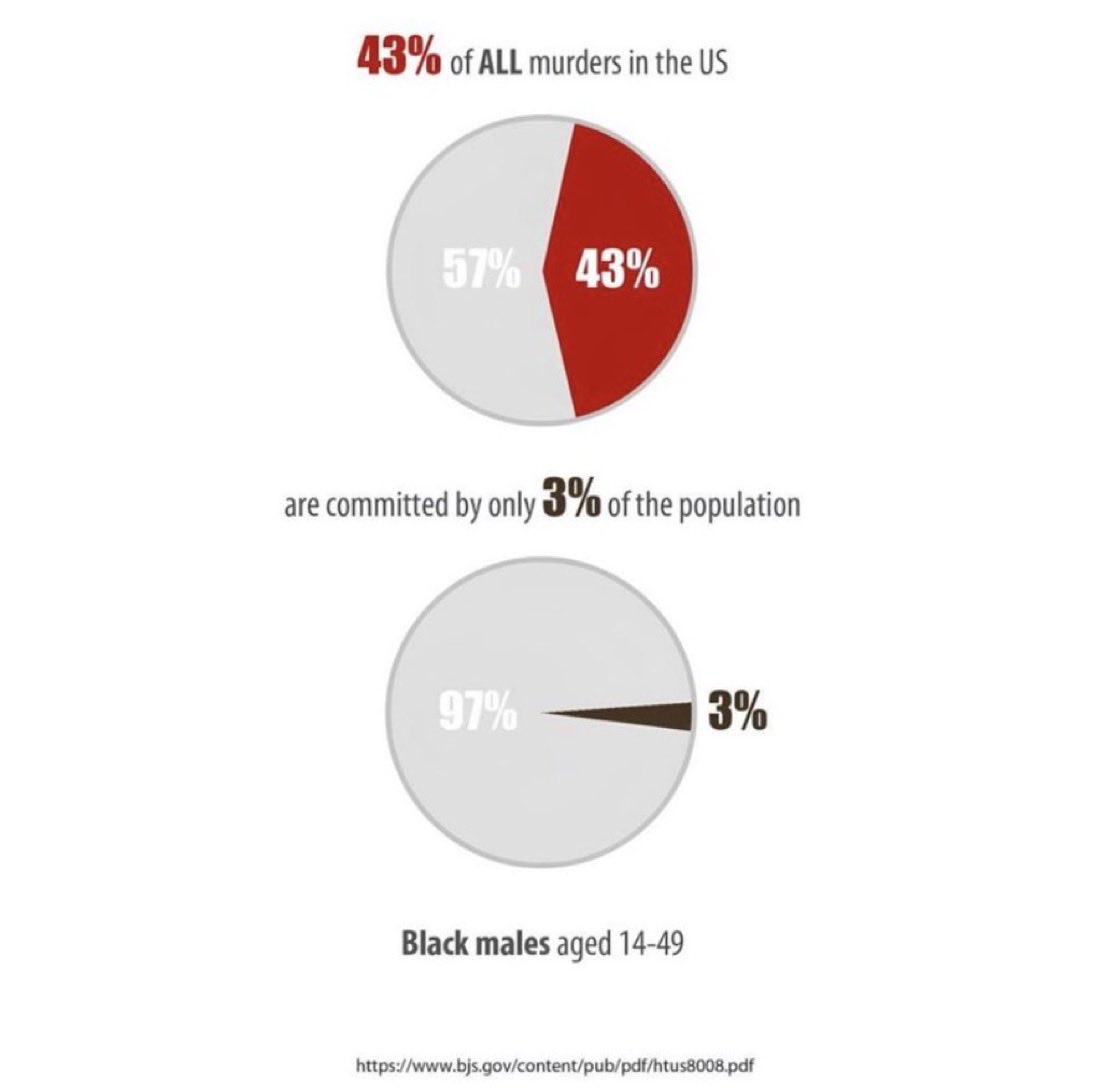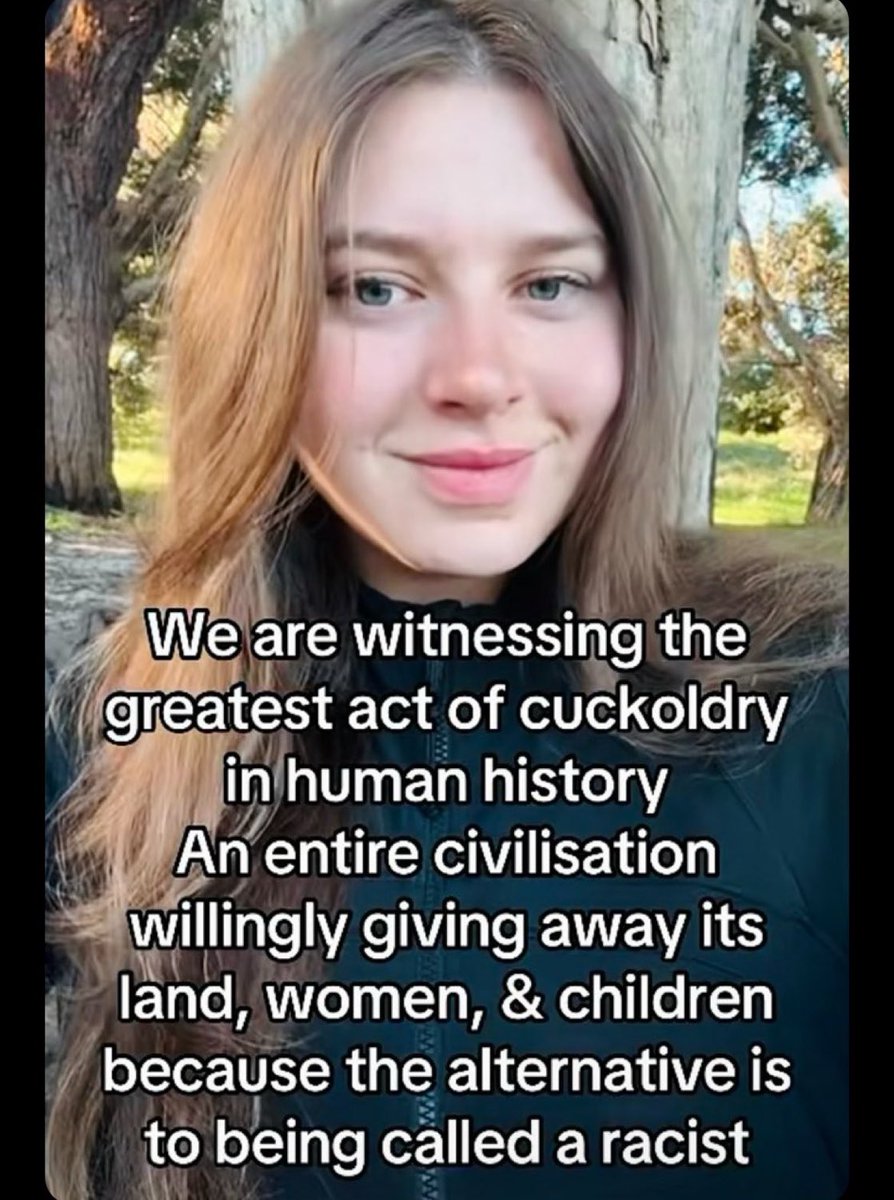@elonmusk vows to release “Twitter Files on Free Speech Suppression” exposing the decision to Censor the Biden Laptop 💻
Lots of corporations banned ads on Twitter. Apple has threatened to remove Twitter.
Fight for #FreedomOfSpeech is on
Lots of corporations banned ads on Twitter. Apple has threatened to remove Twitter.
Fight for #FreedomOfSpeech is on
Here’s a prev thread on Twitter & Elon
https://twitter.com/deepbluecrypto/status/1595273717227175936
Elon Musk — The Twitter Files on free speech suppression soon to be published on Twitter itself. The public deserves to know what really happened…
A secret deal with the devil:
Back in 2016 Apple caved to China's CCP demands and because a tool of the communist state. Apple is helping China with technology and investments which are enabling the CCP to control its population.
arstechnica.com/gadgets/2021/1…
Back in 2016 Apple caved to China's CCP demands and because a tool of the communist state. Apple is helping China with technology and investments which are enabling the CCP to control its population.
arstechnica.com/gadgets/2021/1…
#FreedomOfSpeech is very subjective these days. For Apple for instance, since FoxConn manufacturers most of the iPhones, Xi Jinping can influence Tim Cook heavily about Twitter on iPhones. Also there might be domestic pressure from the establishment on banning Twitter 🤷♂️ 

@naval is 💯 true on this. If Twitter was a Chinese company, Apple wouldn’t dare even talk about deleting the app publicly… forget about threatening to delete the app 

Thanks Elon for bringing transparency back to social media. Thanks Elon for not changing America into China.
Thanks Elon for #FreedomOfSpeech
Thanks Elon for #FreedomOfSpeech

Tim Cook and Xi Jinping are so worried about the mass protests in China…
Not because of peoples freedoms or their well-being, they’re worried about iPhone manufacturing and losing control of the situation in #China
#chinaprotest #chinalockdown
Not because of peoples freedoms or their well-being, they’re worried about iPhone manufacturing and losing control of the situation in #China
#chinaprotest #chinalockdown

#FreedomOfSpeech in action 

Hey y’all Fortune 500 company CEOs, start engaging with your customers like how @elonmusk does
What’s the worst thing that could happen, you might build more trust and credibility of your company
What’s the worst thing that could happen, you might build more trust and credibility of your company
Apple & Google charging 30% fees for all their AppStore & PlayStore services is arbitrary. They got it from 👇 

Ricky Gervais is spot on when he’s talking about Apple & it’s sweatshops where iPhones are manufactured
They don’t want #FreedomOfSpeech
They want to control your freedom of speech, they want to censor your information.
1984 — #MinistryOfTruth
ALL TRUTH IS CONTROLLED BY THEM, EVERYTHING ELSE IS MIS-INFORMATION & DISINFORMATION
They want to control your freedom of speech, they want to censor your information.
1984 — #MinistryOfTruth
ALL TRUTH IS CONTROLLED BY THEM, EVERYTHING ELSE IS MIS-INFORMATION & DISINFORMATION

Kevin McCarthy says government should stop going after Twitter and Elon Musk for him standing for your #FreedomOfSpeech
If anything government should enable him because of the first amendment
If anything government should enable him because of the first amendment
EU wants Elon Musk to ditch his arbitrary approach and follow their #PrescriptionApproach for freedom of speech. They need #ExtensiveAudit of the platform as well.
PRESCRIBED FREEDOM OF SPEECH ISN’T FREEDOM OF SPEECH
PRESCRIBED FREEDOM OF SPEECH ISN’T FREEDOM OF SPEECH

Apple threatening Elon Musk to boot Twitter off its AppStore goes much deeper than you think. NSA unwarranted surveillance, their information choke points etc.
Most apps die once they’re off the AppStore, but Elon Musk could create a StarLink supported store of his own
Most apps die once they’re off the AppStore, but Elon Musk could create a StarLink supported store of his own
https://twitter.com/Aristos_Return/status/1597848158209732610
Netflix’s Reed Hastings says… Elon Musk is the bravest and most creative leader on the planet. He’s trying to build a platform to help people with #FreedomOfSpeech in Twitter. Stop nitpicking him and give him a break.
Politicians who support censorship are anti #FreedomOfSpeech
Governments who support censorship are anti #FreedomOfSpeech
Media houses that support censorship are anti #FreedomOfSpeech
Corporations that support censorship are anti #FreedomOfSpeech
Governments who support censorship are anti #FreedomOfSpeech
Media houses that support censorship are anti #FreedomOfSpeech
Corporations that support censorship are anti #FreedomOfSpeech

#WokeLeft gets offended when there is #FreedomOfSpeech
#WokeLeft craves for misinformation, disinformation and censorship
#WokeLeft craves for misinformation, disinformation and censorship

A Neuralink-trained monkey doing Telepathic Typing, using just his mind.
Elon Musk said yesterday, #NeuraLink is ready for humans prime time
Elon Musk said yesterday, #NeuraLink is ready for humans prime time
Who made this on Tim Cook 😂😂
• • •
Missing some Tweet in this thread? You can try to
force a refresh

















